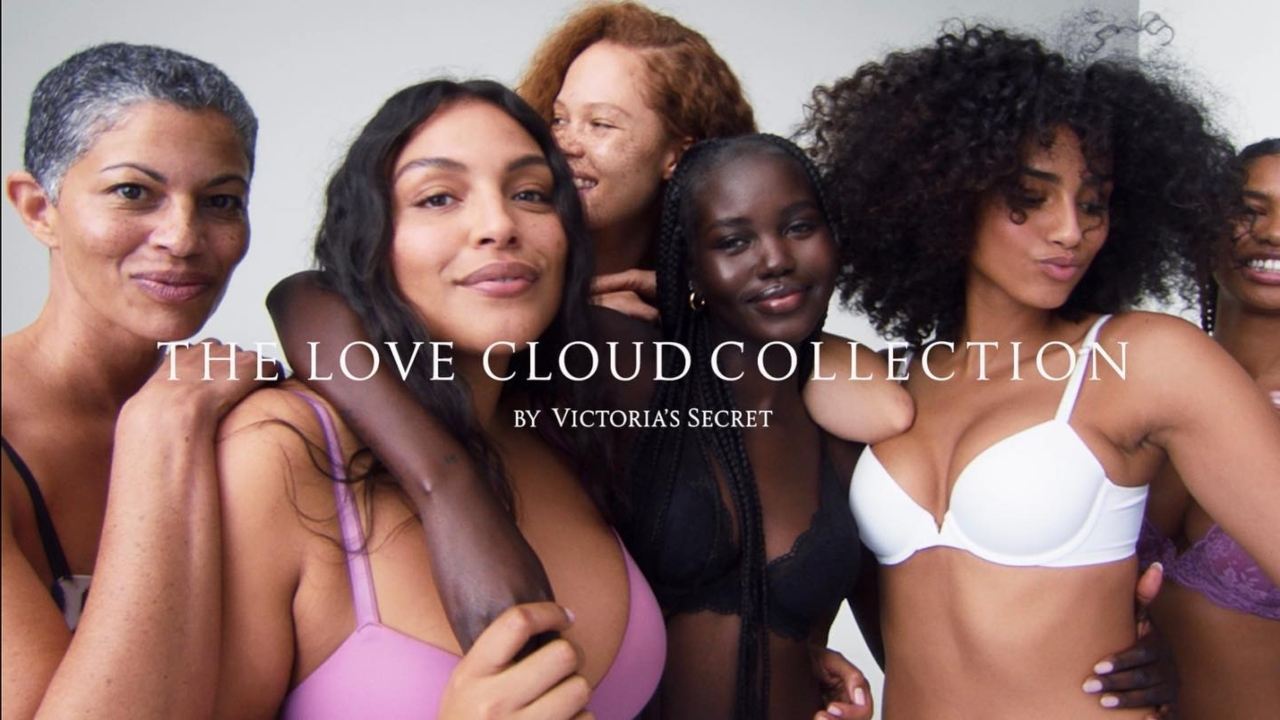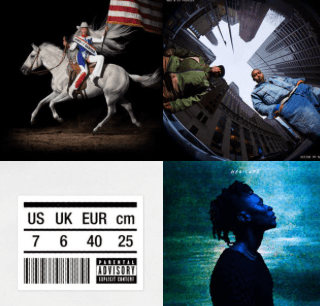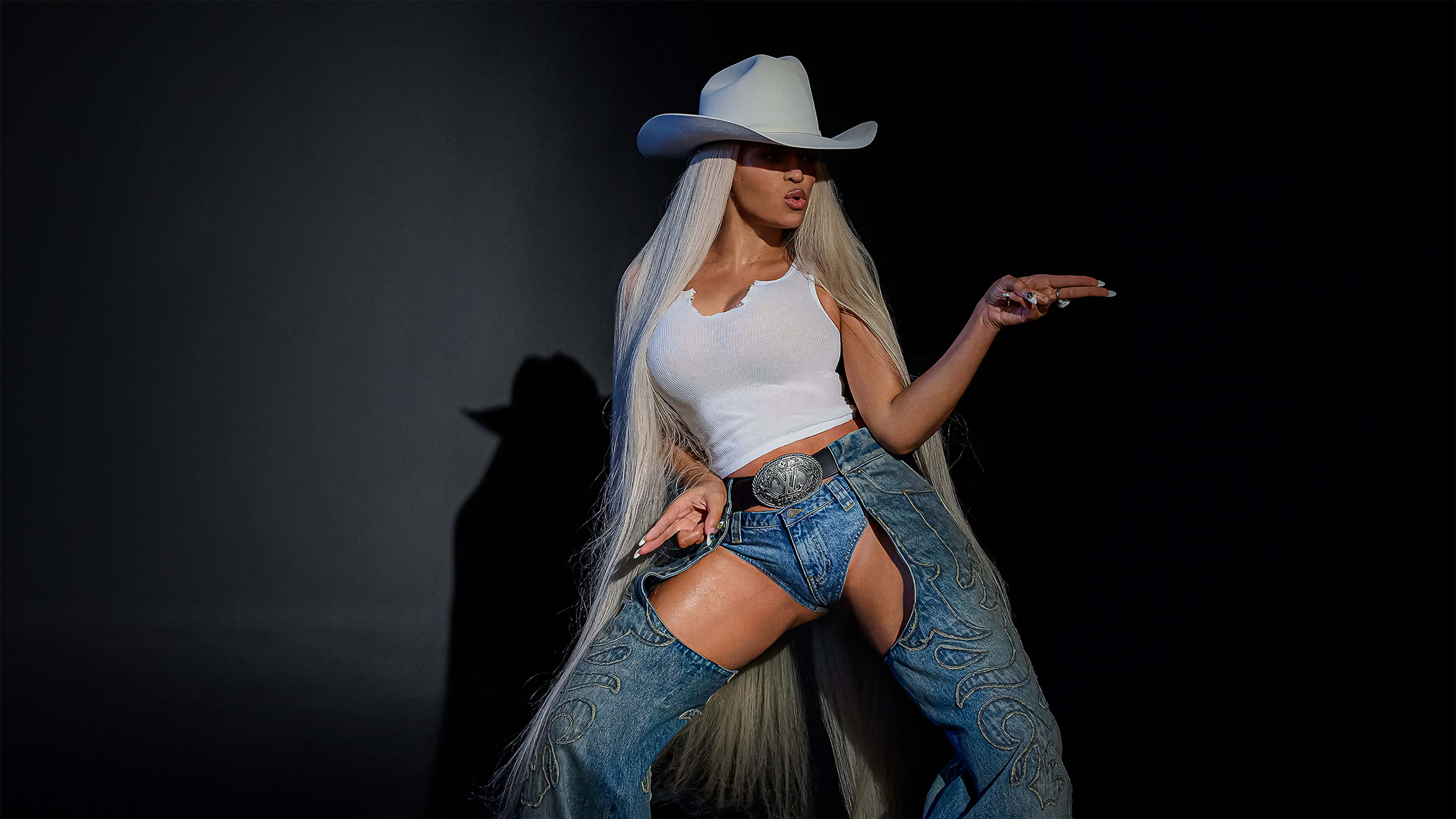By CultureBanx Team
- Victoria’s Secrets aims to increase the amount of business they’re conducting with Black-owned firms
- Only 1% to 2% of Victoria’s Secret suppliers are Black-owned firms
Legacy lingerie maker, Victoria’s Secret, is finally acknowledging the need to change its low amount of Black suppliers. Currently, only 1% to 2% of the retailer’s suppliers are Black-owned firms. Supplier Diversity could add $280 billion in extra income to the U.S. economy, according to a McKinsey report, and companies like Victoria’s Secret looking to expand its relationship with Black-owned suppliers could significantly benefit from this.
Why This Matters: Designer, Aurora James, has called for major retailers to pledge 15% of their retail space to Black businesses. Victoria’s Secret is attempting to answer this call through a commitment to not only increase the amount of business they’re conducting with Black-owned firms, but also promote more Black workers. Black employees account for 10.8% of the “company’s total promotions.” By 2027, the company reveals that the goal is to increase that number to 15%.
Large organizations spend 58 cents of every dollar in revenue on payments to suppliers and can therefore benefit by increasing their diversity. Leading companies know this, and perhaps this is why they have committed more than $50 billion to partner with MWBEs over the next decade, the report found.
Victoria’s Secret is following in the footsteps of other companies including Ulta Beauty (ULTA -1.06%) and LVMH (LVMUY -1.63%) owned Sephora. Last year Ulta announced a $25 million initiative to reflect the country’s diversity by doubling the number of Black-owned brands in its stores, along with featuring more Black women in ads.
Sephora, announced a similar plan to Ulta in mid-January 2021 to make its stores more inclusive. Only 8 of nearly 300 brands (2.6%) sold by the beauty juggernaut are Black-owned. Both Ulta Beauty and Sephora signed the 15% pledge and according to Bloomberg, each company has a multi-pronged approach to re-engage the country’s Black population as customers.
Situational Awareness: On the outside looking in, this Victoria’s Secret initiative feels performative because brick-and-mortar retail grows less, and less, effective each year. However, diverse supplier representation will contribute to the long-term success of the U.S. economy and Victoria’s Secret as Black vendors become a more important part of the ecosystem.
CBx Vibe: “Supplier” Kaspa Killa









